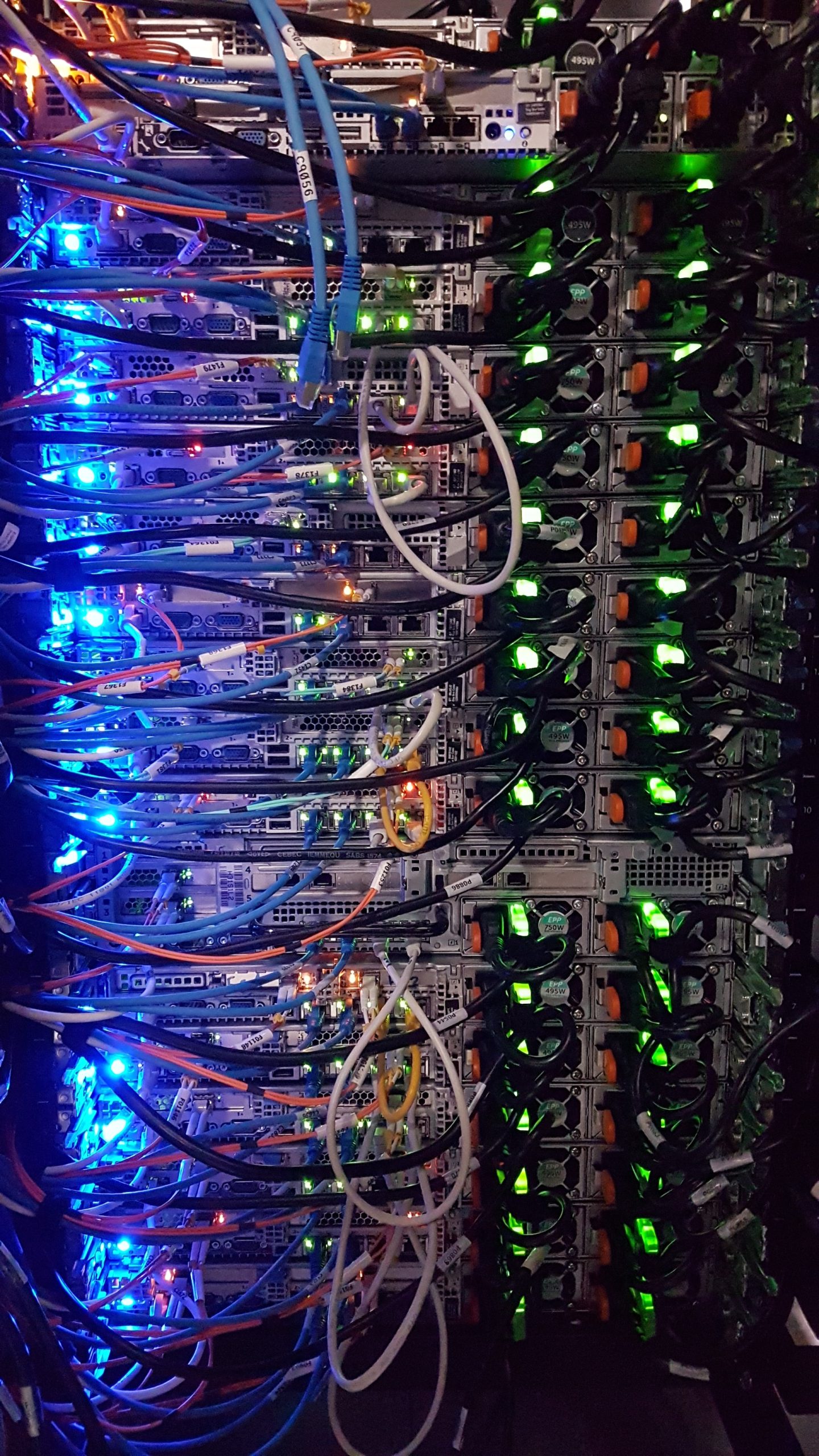Selecting the best hosting plan for your business is a crucial choice because even a one-second difference in page response time can lose you up to 7% of your consumer base. Dedicated and cloud servers are two popular choices for people who desire top-tier speed and availability.
However, these hosting types are superior in various scenarios and applications. Cloud and dedicated servers are popular choices if you want the best speed and availability. Which alternatives do you believe will best serve your company’s needs?
The advantages and disadvantages of each form of hosting web service are discussed in this article, which contrasts and compares cloud servers with dedicated servers. Dedicated servers are the subject of the contract, while cloud servers are the subject of the comparison. To make an informed choice and choose the hosting package that is suitable for your use case, the needs of your business, and your budget, we provide you with all the information you need.
Dedicated Server

The Cost Aspect
We are required to pay a certain price range on the dedicated server. Due to the situation, we must run our server with expensive expert assistance and top-tier resources. Smaller businesses are unable to afford the costs of having a dedicated server. A team solely focused on running and administering the server is necessary if you want to achieve that goal with the aid of a dedicated server.
Management
When using a dedicated server, the owner has total control over the machine and can manage it following any specific standards they may have. Even if maintaining and managing a dedicated server requires a thorough understanding, we have total control over the server in this case.
Reliable
When using a dedicated server, we have to deal with one; therefore, if there is a problem with the system, the server and all of its data could crash, leading to the server falling offline. We do not need to be concerned about this possibility because we work with one server.
Security
The main benefit of selecting such a solution is the increased security level offered by having a dedicated server. A dedicated server would be challenging for a hacker to target because it is difficult to breach the server’s protection.
Customization
The customer here has the freedom to modify the server to match the precise requirements they have in mind, much like they do in the case of a dedicated server, where they have total control over their server.
Tool-Integration
Because of this, you might have to pay more for a dedicated server than a cloud server if you want to run several utility-based applications simultaneously on it.
Scalability
The dedicated server uses hardware specifically for that application, so we cannot alter its settings.
Cloud Server

The Cost Aspect
This service offers the best value for your money because you will only be paid for the storage space and other resources you use. The server’s provider is in charge of keeping all of the specialist knowledge required to guarantee the server’s continuing performance. There isn’t anything particularly specialized that you need to manage the server.
Management
The server made available to the user is run on their behalf by the cloud service provider, so the user has no control over it; in contrast to managing a dedicated server, which only requires one physical server, managing a cloud server requires overseeing hundreds of virtual servers. Because of this, administering a cloud server is much more difficult than keeping up a dedicated server.
Reliable
Since the copies of your websites are stored on several cloud servers, even if one of them malfunctions or goes offline, the instance of your website will still be managed by a different server. It is a result of the redundancy the cloud offers. The increased number of servers that make up the cloud makes it more reliable.
Security
Although cloud servers offer security, they fall short of dedicated servers in the security department. Dedicated servers provide more flexibility and control. It doesn’t mean anyone can attack the cloud server because, like dedicated servers, cloud servers provide their users with a high level of safety.
Customization
Since the cloud does not give its clients a lot of control over their settings, users are unable to modify their servers.
Tool-Integration
You could reduce expenses while gaining access to a wide range of valuable services using cloud computing.
Scalability:
The amount of storage space and resources made available to you and virtually every other feature of cloud servers are completely in your control. Cloud servers provide high levels of scalability.
Conclusion
Both the utilization of dedicated servers and cloud servers has advantages and disadvantages. You should consider using a cloud server to host your website or any other online apps you might have if your company is small or medium-sized. You get improved scalability by employing cloud computing, flexibility, and safety. You won’t be needed to pay additional costs at any time, unlike renting a dedicated server in the cloud.






